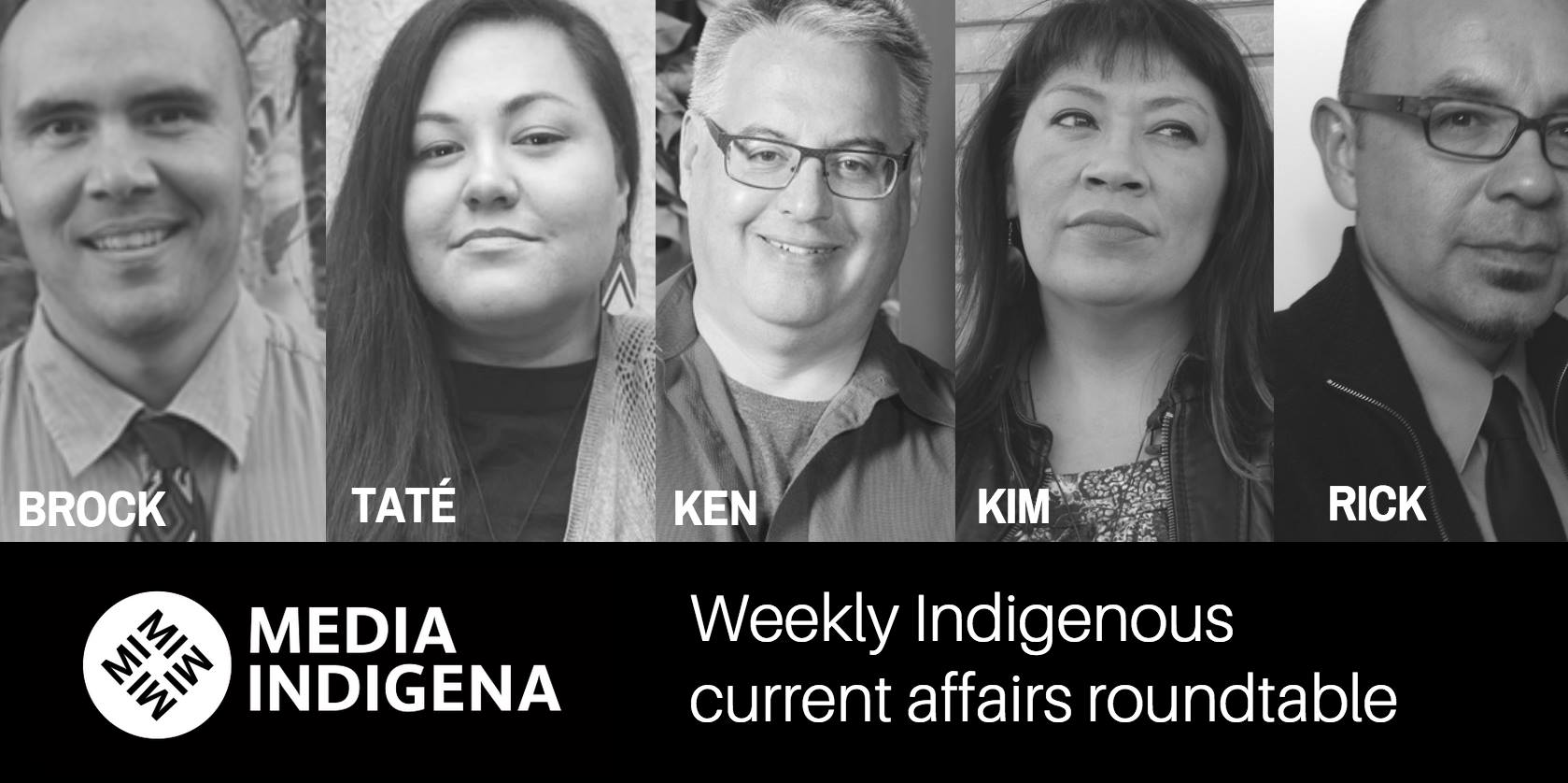Ep. 95: An Indigenous Look Ahead to 2018
The second of our two-part look back and look ahead on the year almost behind us and the 12 months to come. What is, or what could be, their Indigenous significance? Back at our special four-member roundtable are Ken Williams, an assistant professor with the University of Alberta's department of drama, Kim TallBear, associate professor of Native Studies at the University of Alberta, and Brock Pitawanakwat, assistant professor of Indigenous studies at the University of Sudbury. // Our theme is 'nesting' by birocratic.

